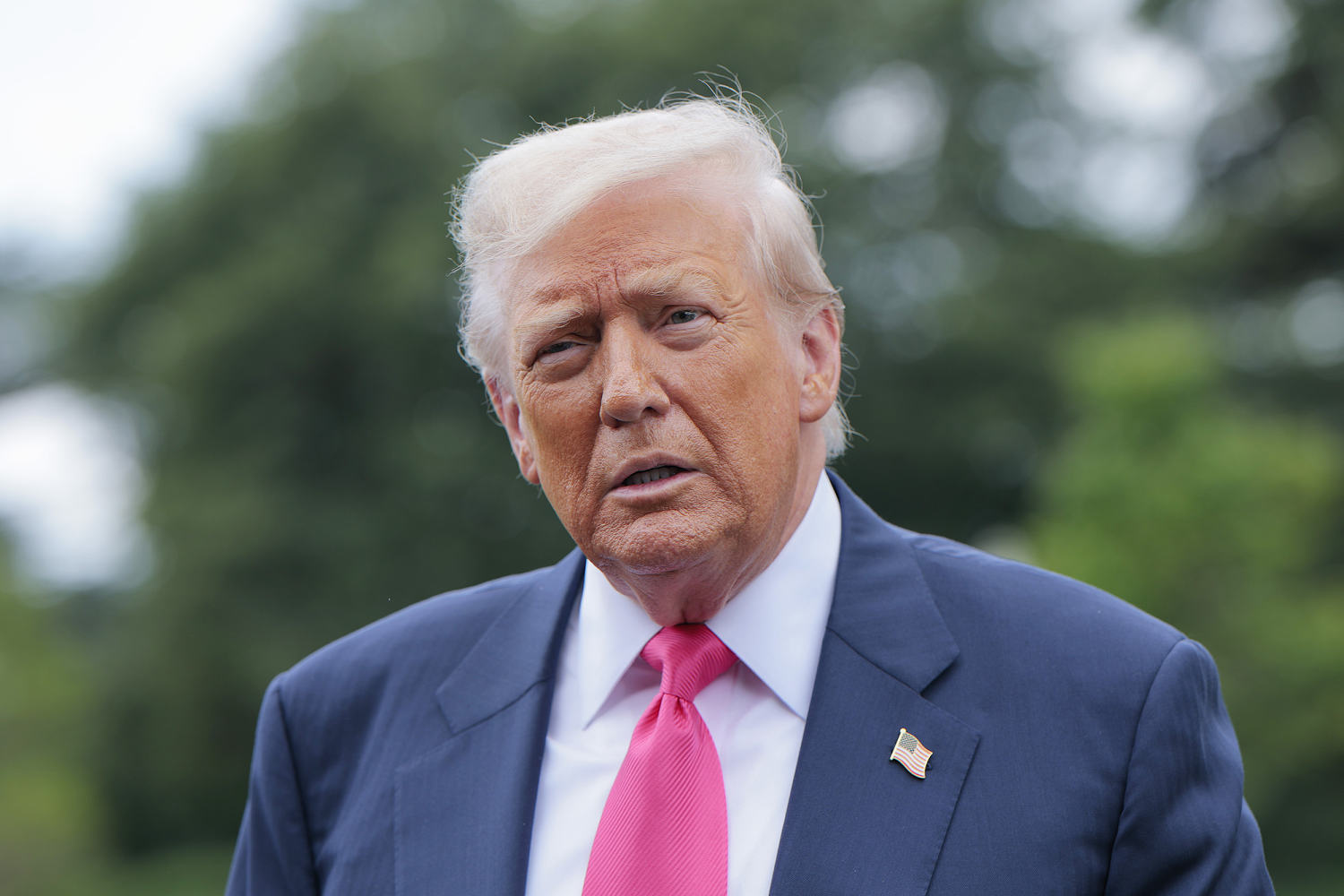
WASHINGTON — The Supreme Court on Friday handed another win to the Trump administration by allowing it to withhold $4 billion in spending on foreign aid that was appropriated by Congress.
A federal judge had ruled that the administration would have to spend the funds by the end of the month, but the Supreme Court’s decision puts that on hold.
The brief order noted that the government has made a “sufficient showing” that the groups that sued were barred from bringing the lawsuit in question under a law called the Impoundment Control Act.
The court, which has a 6-3 conservative majority, also noted that “the asserted harms to the Executive’s conduct of foreign affairs appear to outweigh the potential harm” to the plaintiffs, which are various groups that receive foreign aid funds.
The court has now granted 20 emergency applications filed by the administration since President Donald Trump’s second term began in January. The volume of emergency filings and the rate at which the court has ruled in the administration’s favor are both unprecedented. The latter has sparked criticism from within the legal community, including lower court judges.
The three liberals on the court dissented, with Justice Elena Kagan writing that the legal issue in the case has not been presented before, meaning the court was working in “uncharted territory.”
Yet again, the majority nevertheless granted the emergency request made by the government without hearing oral arguments or issuing a fully reasoned decision, she added.
“We therefore should have denied this application, allowed the lower courts to go forward, and ensured that the weighty question presented here receives the consideration it deserves,” Kagan wrote.
Chief Justice John Roberts had on Sept. 9 issued a temporary stay that put the lower court ruling on hold while the Supreme Court decided what next steps to take.
The Trump administration, which has aggressively sought to exert its power over Congress in recent months, has notified lawmakers of its intention not to spend the funds.
This action has sparked a debate over whether the president has such authority, as under the Constitution, it is the role of Congress to allocate money for the president to spend.
The Trump administration has already taken swift action to unravel the U.S. Agency for International Development, the government department that traditionally handed out billions of dollars a year in foreign aid to tackle such issues as access to water and disease prevention.
The money at issue was appropriated by Congress for the current fiscal year, which ends on Sept. 30. The Trump administration has said it wants to withhold $4 billion in foreign aid, but will spend another $6.5 billion that Congress appropriated.
The Impoundment Control Act was passed in 1974 to regulate the president’s control over the budget. That followed efforts by then-President Richard Nixon to withhold spending on programs he did not support.
The Trump administration says it can withhold the money via a process known as “rescission,” in which the president informs Congress of his intention not to spend certain funds.
But with little time left before the funds expire, Congress is unlikely to respond, even if it wanted to. Republicans who broadly support Trump’s policies control both chambers and are in the process of trying to fund the government for the next fiscal year before Oct. 1; otherwise, the government will shut down.
The administration’s decision to wait until the end of the fiscal year to notify Congress is a legally questionable tactic that has been called a “pocket rescission” and has not been used in nearly 50 years.
Washington-based U.S. District Judge Amir Ali had ruled on Sept. 3 that the administration must spend the money unless Congress acts to withdraw it.
Solicitor General D. John Sauer said in a court filing that Ali’s ruling imposed unacceptable restrictions on the president by, among other things, forcing the administration to engage in diplomatic discussions with other countries over how to spend the money
The underlying lawsuit challenging Trump’s rescission was brought by various groups led by the Global Health Council.
Their lawyers said in court papers that the administration’s legal arguments would turn the Impoundment Control Act on its head by reaching the conclusion that “Congress’s signature law meant to control impoundments actually provided the President vast new powers to impound funds, and made it virtually impossible to challenge impoundments in court.”
